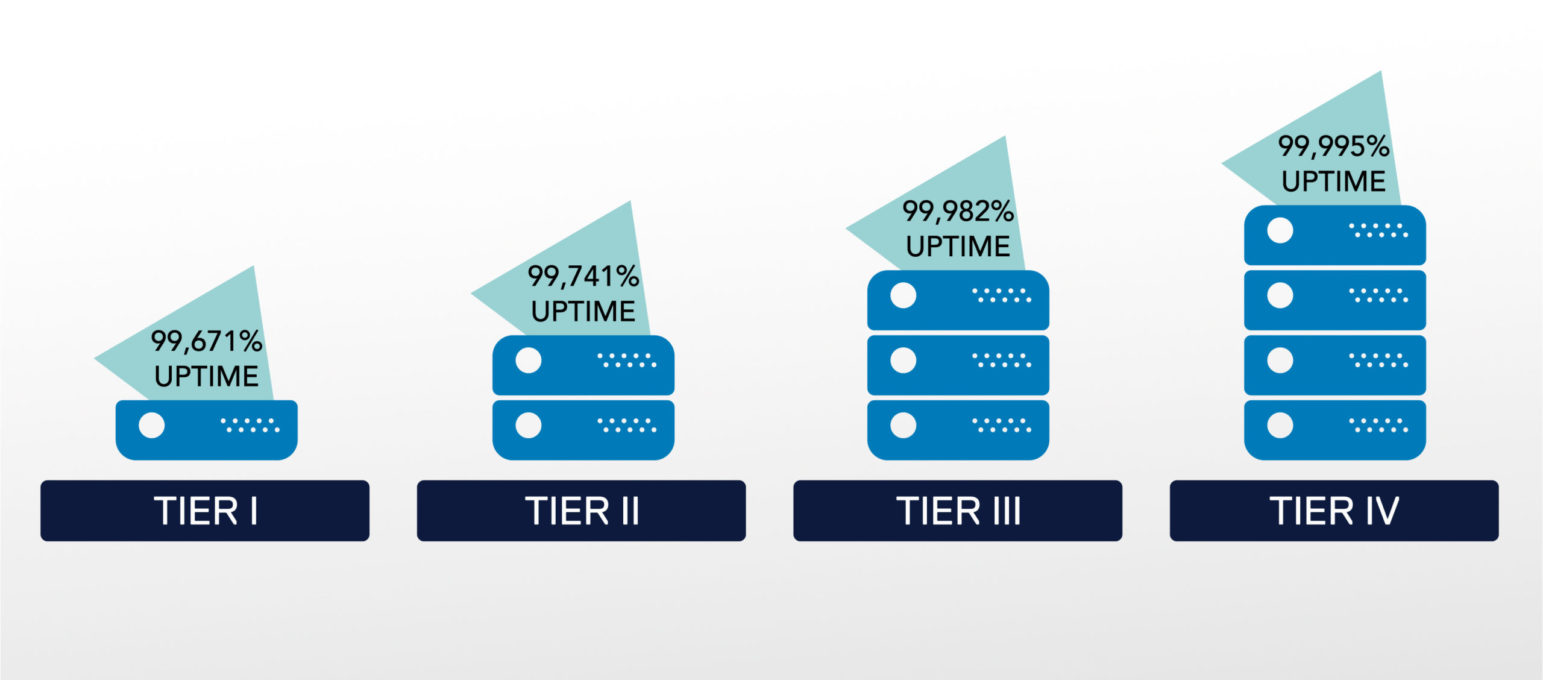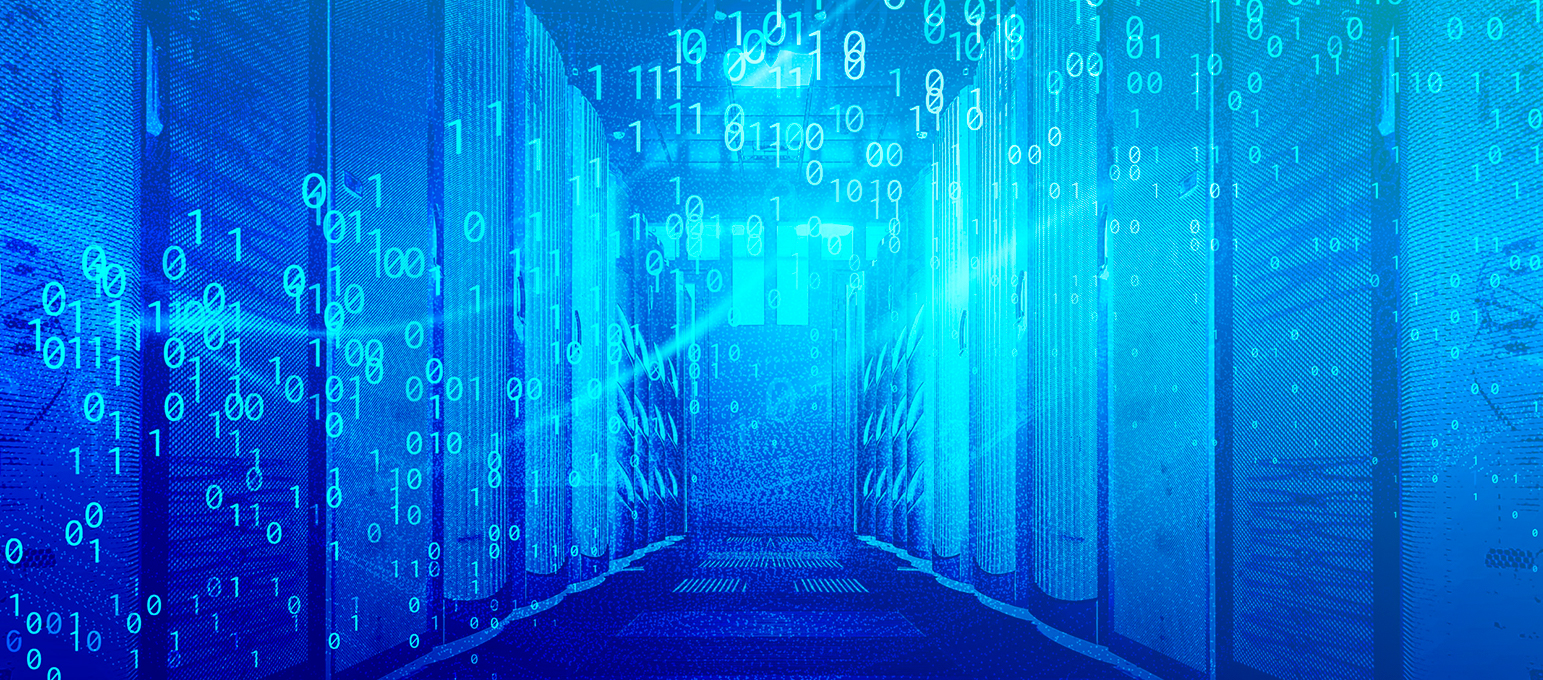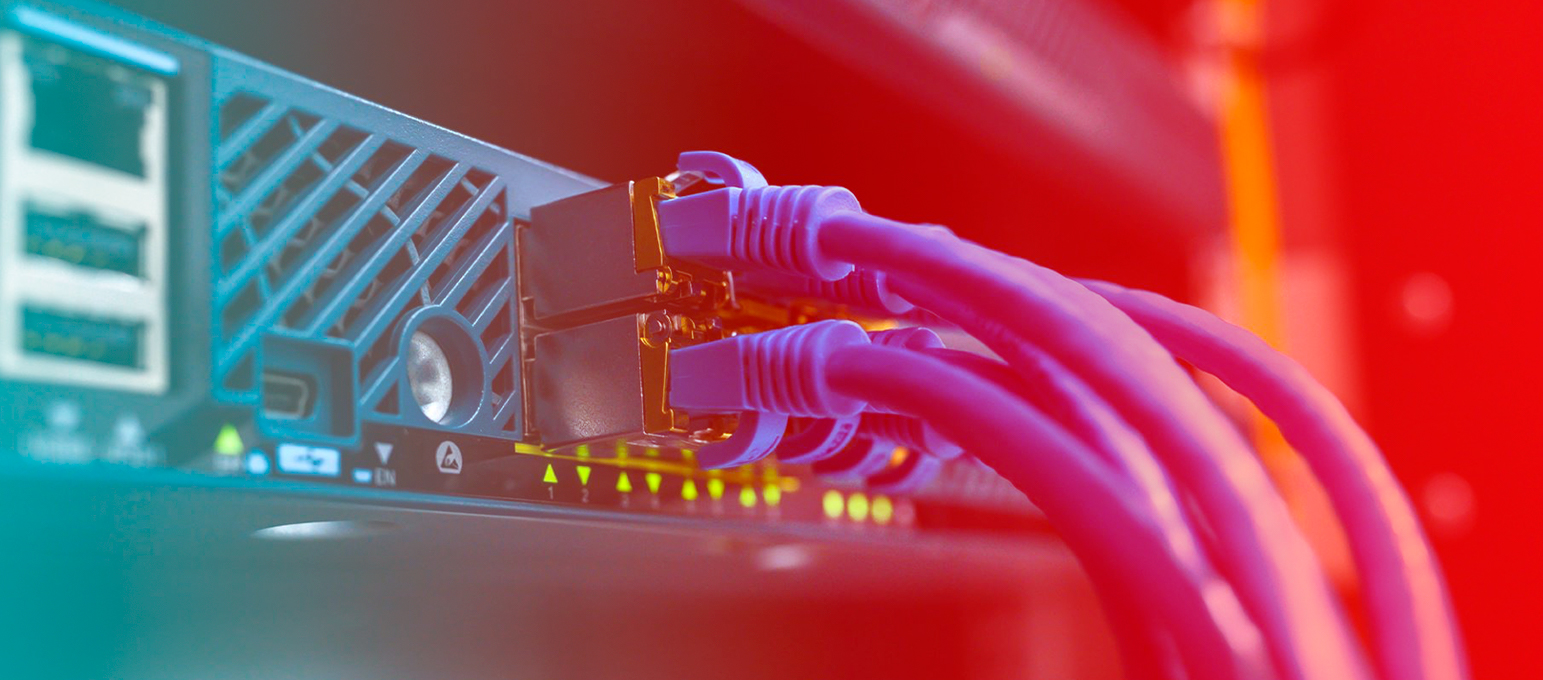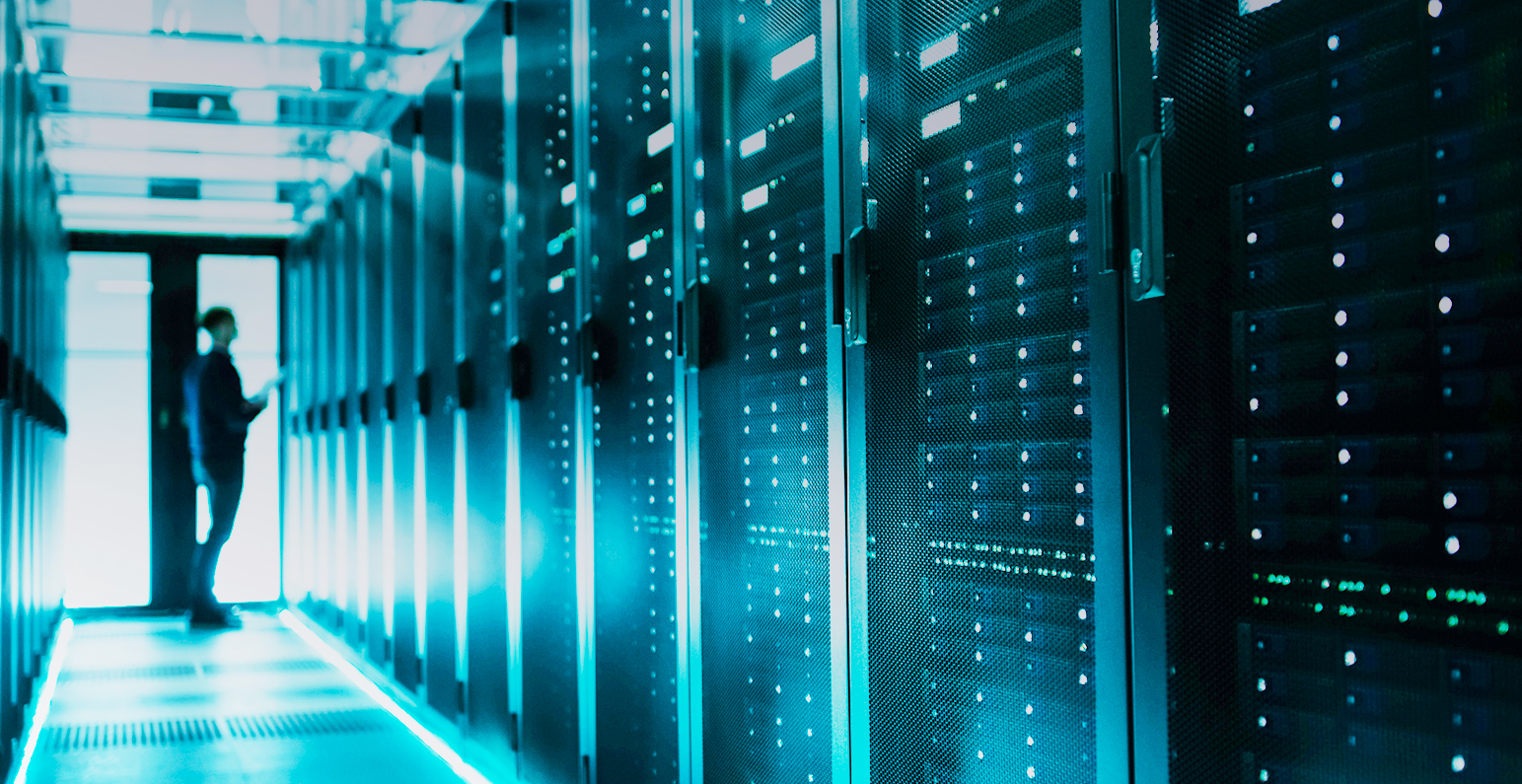Data Center: What Is It? How Does It Benefit Businesses?
In an increasingly digital world, data centers have become fundamental pillars for efficiently storing, processing, and distributing vast volumes of data. They are the backbone supporting the cloud, e-commerce, social networks, streaming entertainment, and many other applications and services we use daily.
From the expansion of the Internet of Things (IoT) to the rise of artificial intelligence and machine learning, data centers are the driving force behind innovation and technological progress. Although invisible to most of us, their crucial role in our digital lives deserves to be explored and understood.
What is a Data Center?
A data center is a physical facility or building specifically designed to house servers, storage systems, and networking equipment.
Its primary role is to store and process data generated from tablets, computers, phones, appliances, smartwatches, and other internet-connected devices, with that data being stored in the data center.
Data centers are essential for many businesses and organizations that rely on processing and storing large volumes of information. Examples of their use include hosting websites, data backup and recovery, running enterprise applications, and providing cloud services. Additionally, data centers can be used by internet service providers, telecommunications companies, and other organizations that need to manage large amounts of data.
Classification
To classify a data center, fundamental aspects such as response time and levels of redundancy are taken into account. There are several levels, called “Tiers,” which indicate the reliability level of a data center and are divided into four tiers. The higher the Tier number, the greater the availability of the data center, which implies higher costs and longer time to build the data center.
Data centers are classified according to the Tier system developed by the Uptime Institute. This classification is used to evaluate the availability of a data center in terms of uptime and redundancy.

TIER 1
Tier 1 data centers have minimal infrastructure, making them the most basic in this classification. They have an estimated availability of 99.761% and typically feature a single distribution path for power and cooling.
TIER 2
They offer higher availability and are more reliable than Tier 1 data centers. They have an availability of 99.74%, and unlike Tier 1, they can perform maintenance without shutting down cooling systems.
TIER 3
They are mid-to-high level in terms of availability and redundancy, with an availability of 99.982%. They have redundant systems and multiple distribution paths for cooling and power. Additionally, Tier 3 data centers allow maintenance and repairs without interruptions.
TIER 4
These are the most advanced in terms of availability and reliability. They have an availability of 99.995% and high fault tolerance. They feature a robust infrastructure with the ability to tolerate repairs and failures without interruptions. Additionally, they have redundant systems and multiple distribution paths for power and cooling.
Some Types of Data Centers

Enterprise Data Center
This type is owned and operated by the company for its own data management needs. It can house all the devices and systems the company requires for its operations.
Data center de colocación
Facilities where multiple companies or organizations can rent space to house their technology infrastructure equipment. Colocation service providers offer the facilities while the companies manage the other components.
Administrative Services Data Center
En este caso, a diferencia del de colocación, la empresa alquila todo el servicio de data center. Un proveedor coloca los sistemas y los administra.
Cloud Data Center
Cloud data centers are storage, management, and application services offered over the internet by companies like Microsoft, Google, and Amazon. They are designed to be scalable, flexible, and provide on-demand services.
Service Provider Data Center
Data centers operated by companies that provide hosting services, cloud services, connectivity services, or application services.
Disaster Recovery (DR) Data Center
Facilities designed to ensure business continuity in the event of interruptions or disasters. These data centers replicate and back up an organization’s critical data and applications, enabling rapid recovery and operational continuity after an adverse event.
Edge data center
Smaller, decentralized facilities located in strategic locations closer to end users. These data centers are used to process and store data locally, reducing latency and enabling edge computing and application services such as the Internet of Things (IoT) and real-time artificial intelligence.
Data Center Components

Servers
High-performance computers responsible for processing and storing data, as well as running applications and services.
Storage
Storage systems, such as disk arrays or network-attached storage (NAS) and storage area networks (SAN), are used to securely store and organize large volumes of data.
Networks
This includes components such as routers, switches, and network cables. They enable connectivity between data center equipment and also facilitate communication with the outside world.
Cooling systems
Data centers, like IT equipment, generate heat, so it is necessary to have cooling systems such as precision air conditioning or water cooling systems to help prevent overheating.
Energy
A data center must have a power source capable of supplying all the equipment within it. This can include backup generators, distribution systems, and UPS (Uninterruptible Power Supply) systems.
Physical Security
Data centers typically have measures such as surveillance cameras, access control systems, intrusion detection systems, and fire suppression systems to protect the infrastructure and data.
Management Software
Their role within the data center is to oversee and manage each component, monitor and manage equipment performance, and perform backups.
Data Backup and Disaster Recovery
Data centers have backup and recovery systems in place, ensuring data protection and recovery in case of failures.

